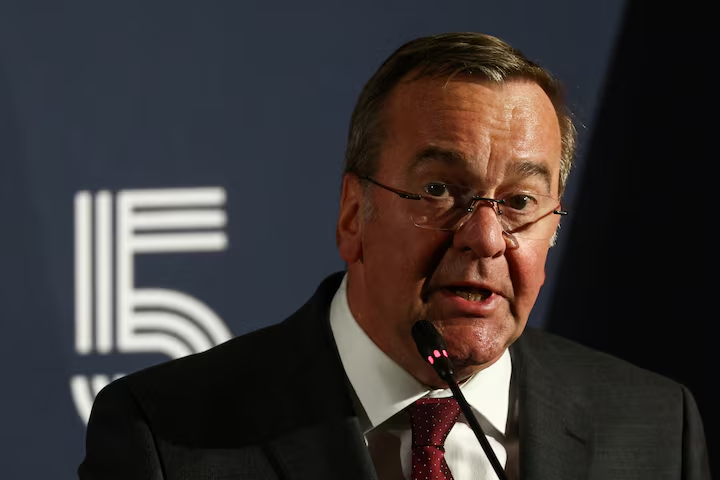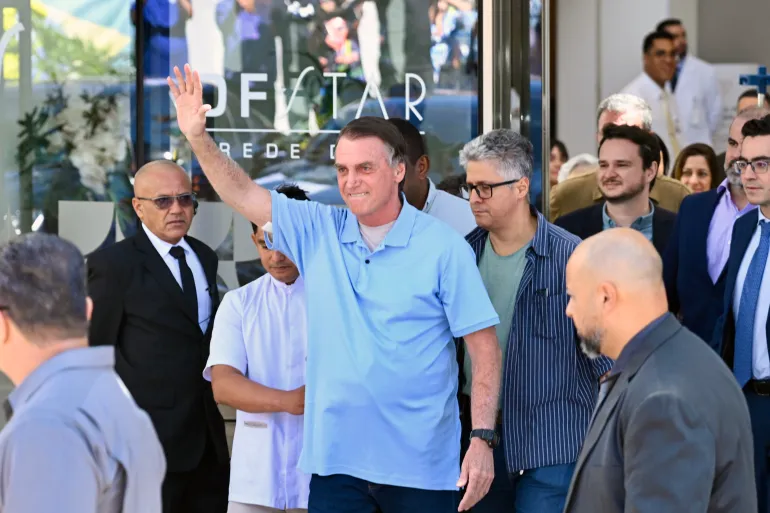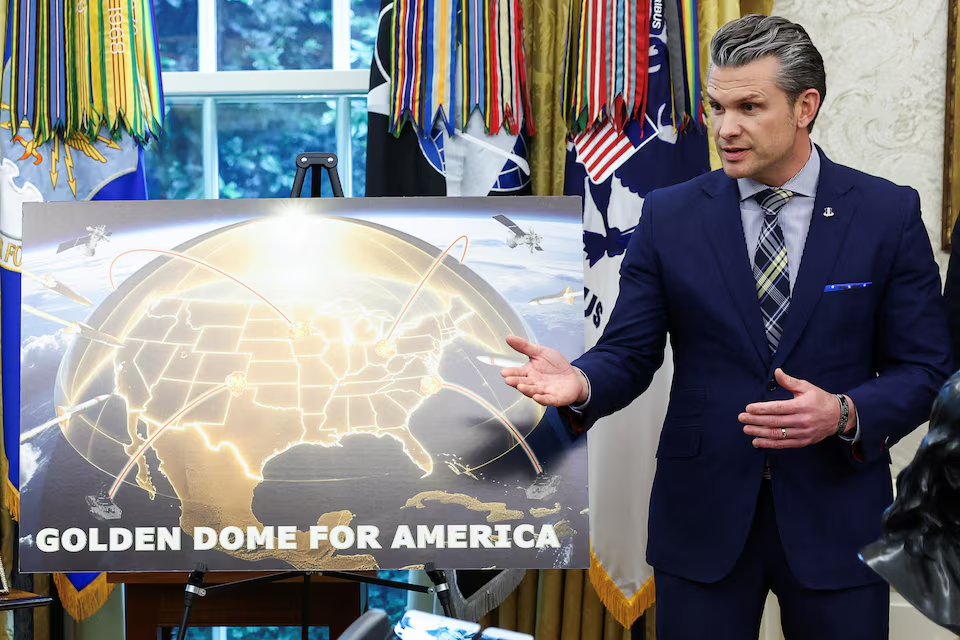Germany has sharply criticized Russia’s intentions in the ongoing Ukraine peace talks, with Foreign Minister Annalena Baerbock stating on Tuesday, May 20, 2025, that Moscow is “only playing for time” while continuing its military campaign. Her remarks underscore growing skepticism among Western nations about the Kremlin’s willingness to engage in good-faith negotiations.
Speaking in Berlin ahead of a planned G7 foreign ministers’ meeting, Baerbock accused Russian President Vladimir Putin of using the diplomatic process as a smokescreen to regroup military forces and distract from intensified attacks across Ukraine’s eastern and southern regions.
“Every day, while Russia attends so-called talks, more missiles fall on Kharkiv, on Dnipro, and on civilian homes. Russia is not negotiating peace — it is buying time for war,” Baerbock said.
Her comments come amid a flurry of international diplomatic activity aimed at ending the war, which is now in its third year and has resulted in hundreds of thousands of deaths and the displacement of over 12 million people. Recent reports have indicated that high-level talks involving Ukraine, Russia, the U.S., EU, and UK are being prepared, with Donald Trump and Volodymyr Zelenskyy both expressing readiness to engage.
Despite these developments, Germany and several other EU members are growing increasingly wary of Russia’s true objectives. Berlin believes Moscow is leveraging negotiations to delay a coordinated Western response and deflect mounting international pressure, especially as civilian casualties continue to rise.
A German Foreign Ministry spokesperson added that Berlin would not support any premature ceasefire agreement that does not include a full Russian withdrawal from Ukrainian territory and concrete steps toward accountability for war crimes.
“Peace without justice is not peace — it is surrender,” the spokesperson said.
These tensions are casting a shadow over the upcoming G7 meeting, where Ukraine, energy security, and sanctions enforcement will dominate the agenda. Germany is pushing for expanded economic penalties against Russia, tighter controls on oil and gas flows, and additional military aid for Kyiv, including long-range missile systems and air defense support.
Meanwhile, in Kyiv, officials echoed Germany’s concerns, stating that Russia’s recent battlefield activity contradicts its claims of wanting a diplomatic solution. Zelenskyy’s office noted a surge in drone and missile attacks since the beginning of May, particularly in the Kharkiv region, which has seen mass evacuations and infrastructure destruction.
Russia, for its part, has maintained that it is open to talks but insists on preconditions, including recognition of its annexation of parts of eastern Ukraine — demands that Kyiv and its Western allies categorically reject.
Putin’s recent call with President Trump has further complicated the geopolitical picture. While the Kremlin described the conversation as “positive” and full of “impressive prospects” for future U.S.-Russia relations, European diplomats fear that direct bilateral engagement between Washington and Moscow could undercut multilateral efforts or sideline Ukraine’s own negotiating position.
The German government, alongside France and other EU partners, continues to advocate for a united diplomatic front, warning against any rushed deals or unilateral compromises. As one senior EU diplomat put it, “We must be very careful not to confuse optics with outcomes.”
In the broader strategic view, Berlin sees the war in Ukraine not just as a regional conflict but as a test of the international order — one that will determine whether borders can be changed by force in the 21st century.
“If we allow this war to be frozen without justice, it will return again — bigger, deadlier, and closer to home,” Baerbock warned.
With tensions escalating on both the battlefield and at the negotiation table, the coming weeks will be pivotal. Germany’s firm stance signals that European unity remains critical — and that any path to peace must begin with accountability, sovereignty, and the end of Russian aggression.
Source; Reuters



